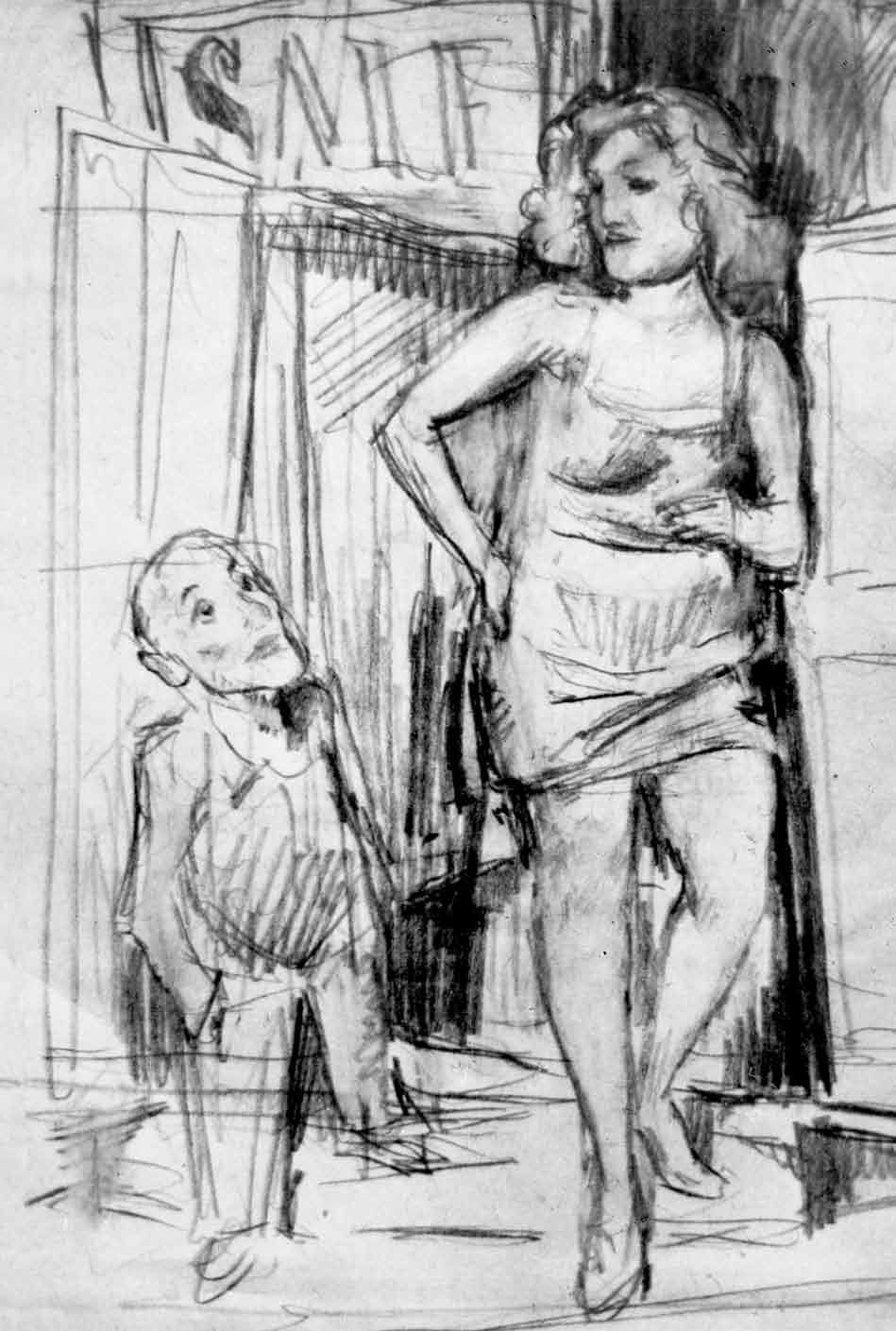Tęskniąc za spójnością
Longing for Coherence
Notes on Intertextuality, Composition, and the Concept of Language in Bruno Schulz’s Fiction
Author(s): Rolf FieguthContributor(s): Joanna Sass (Translator)
Subject(s): Polish Literature, Ukrainian Literature, Interwar Period (1920 - 1939), Philology, Theory of Literature
Published by: Fundacja Terytoria Książki
Keywords: Bruno Schulz; schulz studies; literary theory; interwar period; polish literature;
Summary/Abstract: Schulz was particularly predisposed to intertextuality, since his hometown was genuinely multilingual, with Polish and Yiddish as dominants. German, as the official language of the Austro-Hungarian administration and that of Lessing, Moses Mendelssohn,Goethe, Schiller, and Heine, was especially attractive to the educated Eastern EuropeanJews, which applied also to Schulz’s mother who taught him Goethe’s ballad, “The Erlking.” On the other hand, such centers of modernism as Vienna, Lviv, Cracow, and Warsaw, which affected the young Schulz in his student years, were also francophilic so that the works of Flaubert, Baudelaire, Zola, Proust, Huysmans, Claudel, and Gide,as well as the philosophical writings of Bergson, must have influenced him, too.
Journal: Schulz/Forum
- Issue Year: 5/2015
- Issue No: 5
- Page Range: 31-53
- Page Count: 23
- Language: Polish

